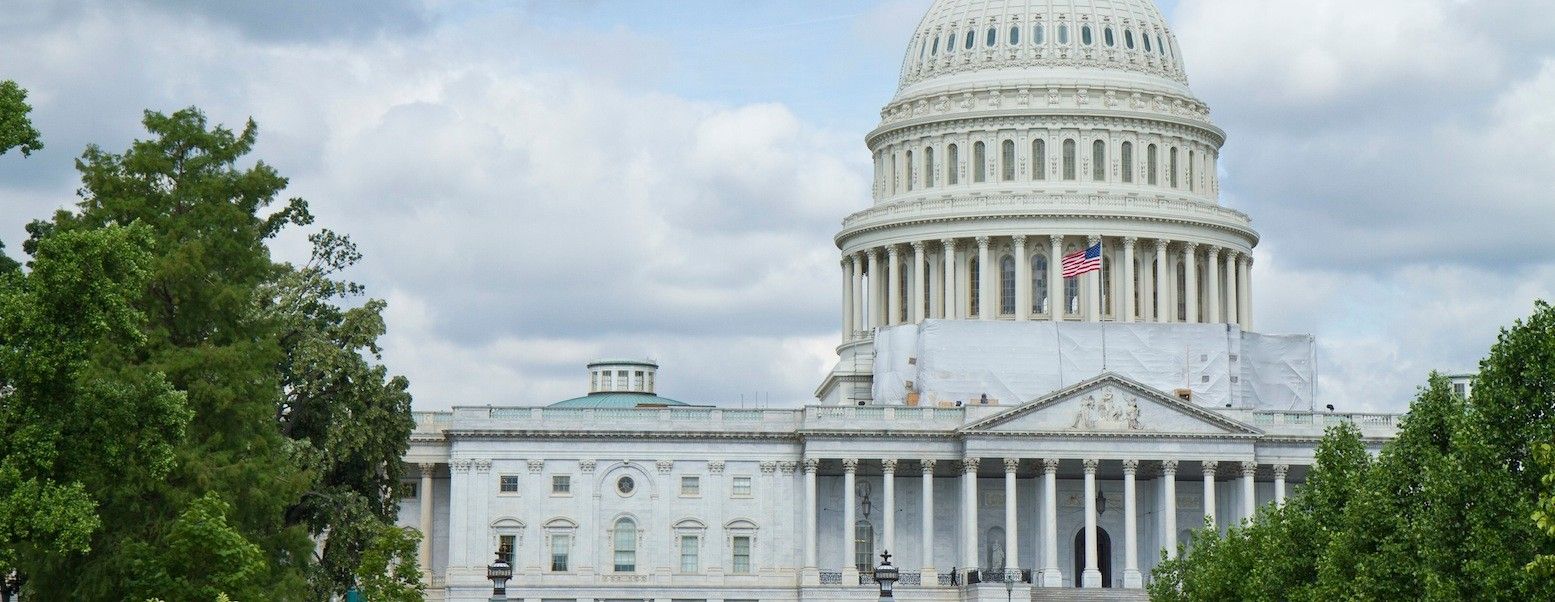This week, the full Senate is beginning consideration of the Labor/HHS Appropriations bill that funds national health programs, including the NIH. We wanted to give you a quick update on the status of funding for the Childhood Cancer STAR Act.
STAR Act Signed Into Law — As you know, the STAR Act — the most comprehensive childhood cancer bill ever taken up by Congress — was signed into law on June 5, 2018. During the signing ceremony in the Oval Office, the President said:
"I'm pleased to sign into law the Childhood Cancer Survivorship, Treatment, Access, and Research Act of 2018. It's a big deal. Very important. This vital legislation will expand opportunities for childhood cancer research, enhance the quality of life for childhood cancer survivors, and increase pediatric expertise at the National Institute of Health. Very big deal. Very important to everybody here, and, really, very important to the country.”
STAR Act Funding — Over the past several weeks, we have been working diligently to ensure that the STAR Act is fully funded so that the NIH and CDC can begin the programs created under the Act in the fiscal year that begins on October 1, 2018. As you may recall, the STAR Act contains an Authorization of Appropriations that allows Congress to provide up to $30 million for the STAR Act programs each year for the next five years.
United States Senate — When the Senate Appropriations Committee took up its Labor/HHS Appropriations Bill in June, we are thrilled that they provided the necessary language to fund the STAR Act. For the CDC surveillance programs, the Senate Appropriations Committee included the following language in their Report:
"The Committee has included an increase of $2,000,000 to be awarded to State cancer registries to enhance and expand infrastructure to track cancer in children, adolescents, and young adults."
For the STAR Act programs funded through the NIH, the Senate Appropriations Committee included the following language in their report:
"The Committee has included sufficient additional funding for implementation of the Childhood Cancer Survivorship, Treatment, Access, and Research [STAR] Act. The Committee has included additional funding for HHS operating divisions consistent with the various programs authorized in the bill. This includes funding for NCI to support childhood, adolescent, and young adult cancer survivorship research, as well as biospecimen research in these populations and funding for CDC to enhance pediatric, adolescent, and young adult cancer surveillance."
Why Is There a Specific $ Amount in the CDC and not in the NIH Provisions? — The Appropriations process is often tricky and confusing. Congress is willing to put a specific dollar amount for funding in CDC programs, but by tradition, does not include any specific dollar amount in the NIH provisions of the bill (in an effort to avoid earmarking by disease.) Happily, the language included by the Senate will provide the funding necessary to set up and begin work on all the STAR Act programs — both CDC and NIH.
House of Representatives — The House is currently in recess and will return to DC on September 4. The House Appropriations Committee began work on their Labor/HHS Appropriations bill before the President had signed the STAR Act into law, and therefore did not include funding (since you can’t fund programs that don’t yet exist).
Happily, our House Champions have already had conversations with the House Appropriations Leadership — specifically House Labor/HHS Chairman Tom Cole (R-OK) and Ranking Member Rosa DeLauro (D-CT) — about funding for the STAR Act. The full House has not yet taken up the bill for consideration. Further, they must conference their bill with the Senate later this fall to reach agreement on a final funding bill to send to the President. We are working to ensure that the House agrees to the Senate funding for the STAR Act.
Action Items — The most immediate Action Item is to reach out to Members of the House Labor/HHS Appropriations Subcommittee and urge them to fully fund the Childhood Cancer STAR Act. If you are a constituent of any of the Members listed below, please reach out now!
Members of House Labor/HHS Appropriations Subcommittee
Republicans
• Tom Cole, Oklahoma, Chairman
• Mike Simpson, Idaho
• Steve Womack, Arkansas
• Chuck Fleischmann, Tennessee
• Andy Harris, MD, Maryland
• Martha Roby, Alabama
• Jaime Herrera Beutler, Washington
• John Moolenaar, Michigan
Democrats
• Rosa DeLauro, Connecticut, Ranking Member
• Lucille Roybal-Allard, California
• Barbara Lee, California
• Mark Pocan, Wisconsin
• Katherine Clark, Massachusetts

